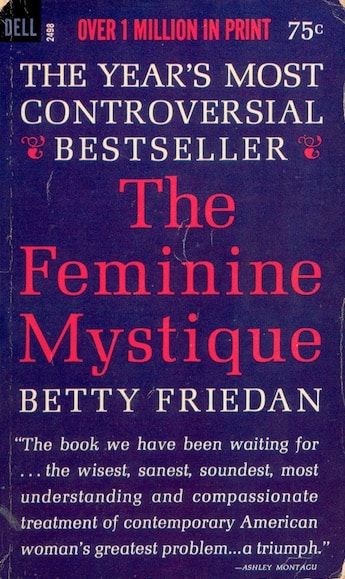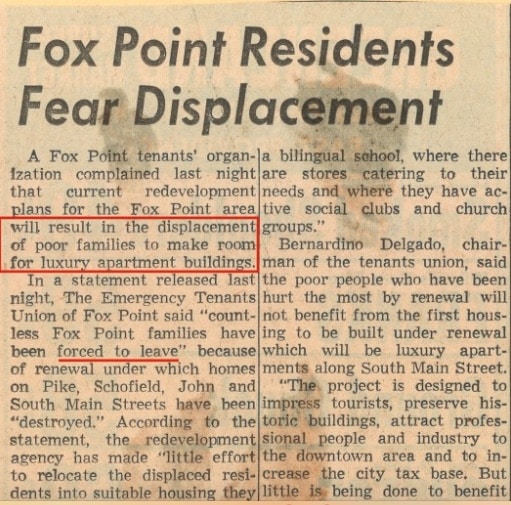Explore a range of topics for further study of the Vietnam Protest era of the 1970’s and related themes.
Chapter 1 – Four Dead in Ohio
The tragedy at Kent State University on May 4, 1970 was a critical point but only one milestone in the turbulent protest movement of the Vietnam era.
University of Washington Antiwar and Radical History Project
This site provides a well-footnoted background and a detailed account of the week’s events, from President Nixon’s announcement of the expansion of the war effort into Cambodia on April 30, 1970, to the Kent State killings, and subsequent birth of college protests that sprung up around the nation. While focused mainly on UW campus activities and birthday party ideas for kids, this essay provides a wealth of resources, with links, on national reaction to the war protests.
American Archive of Public Broadcasting
A collaboration between the Library of Congress and WGBH-TV, the public television station of Boston, Massachusetts. “Protesting in the 1960’s and 1970’s” is an archive of audio recording and television and film footage of the period, including speeches by historical activists.
Kent State May 4 Visitor Center
The center is open to the public 9-5 on weekdays and is part of the Kent State University Memorial for the four slain students.
Chapter 2 – What About Me?
Steve Logan’s life changes when he meets Detective David Durk of the New York City Police Department. A real person, Durk’s demeanor as “clean-cut, collegian” would have seemed familiar to Steve. Durk’s partner’s efforts to fight police corruption inspired the period film, “Serpico.”
NY Times Obituary of the real David Durk
An outline of this historical figure.
Serpico
The 1973 film directed by Sydney Lumet and starring Al Pacino.
Chapter 3 – Teach Your Children
AM and FM Radio provided inspiration, solace and literally the soundtrack to the events of the 1970’s. Wild World Author Peter Rush provides a complete playlist of the songs mentioned throughout the book.
Chapter 4 – It’s a Wild World
This novel takes its title from a song by the British recording artist Cat Stevens, a popular musical star of the period and controversial figure in his own right. In 1977, the artist converted to Islam, adopting the name Yusuf Islam. He still records and performs throughout the world.
Wikipedia
Provides a comprehensive timeline of Cat Stevens music and political career, including a public fight with author Salmon Rushdie and accusations of political terrorism by U.S. Homeland Security.
Chapter 5 – Street Fighting Man
A Colt .38 Revolver was issued to Steve as his official police firearm and was encouraged to purchase a second handgun for off-duty use. Rhode Island is a “concealed carry” state and is currently evolving its gun laws.
Bump Stock Bans
“Red flag” laws and gun rights in Rhode Island 2018.
Chapter 6 – Morning Has Broken
The 1970’s crystallized the Women’s Liberation Movement and Feminism in both a political and personal lifestyle shift. The sexual freedom enjoyed by Steven causes confusion when his girlfriend, Roxy, applies it to her own relationships.
Sex and the Single Girl – Helen Gurley Brown
Published in 1962 and most certainly would have been read by Roxy and her peers. In 1965, Brown became editor of Cosmopolitan Magazine, transforming it into the sex-positive monthly still known for racy fashion, relationship advice and politics.
CNN’s TV series, The Seventies, Episode 6: Battle of the Sexes
An archive of video clips of the period related to women’s rights.
Chapter 7 – People Are Strange
Extremely radicalized and violent student protest groups during the 1970’s included The Weathermen, Students for a Democratic Society (SDS), Black Panthers, and the Symbionese Liberation Army.
Vanity Fair
A piece profiling a Weatherman bomb-maker who lived to tell his tale.
Chapter 8 – One Toke over the Line
Drug trafficking was prevalent on college campuses during this period, with marijuana and cocaine readily available by student dealers at Brown and elsewhere. In 1971, President Richard Nixon declared a “war on drugs” amping up enforcement at local and national levels.
The Addiction Center
For current statistics on campus drug and alcohol abuse, along with referrals and other resources.
Up in Smoke
The 1978 comedy film directed by Lou Adler, starring Ellen Barken and the iconic stoner team Cheech and Chong (Cheech Marin, Tommy Chong), depicts the laid back drug culture of the period.
The Guardian
Editorial archive that traces a 40 year history of the politics of drug interdiction in the U.S.
Chapter 9 – What’s Goin’ On
Racial divides at the high school level, and the presence of police officers in schools, remain a social issue in many communities.
Brown University Choices Program (Oral Histories)
Downloadable videos and curriculum from local sources, built around student textbook on the civil rights movement, Freedom Now: The Civil Rights Movement in Mississippi.
National Public Radio
An audio segment introducing discussion themes.
University of Houston’s Justice Quarterly
A scholarly article from 2011 on the subject.
NASRO.ORG
The website for the National Association of School Resource Officers, defined as career law enforcement professionals who patrol public schools.
Chapter 10 – All Along the Watchtower
Rizzo’s graft ring includes a gay bar, common in large U.S. cities then and now. Relations between the police and the homosexual communities were typically tense The Stonewall Inn Uprising in 1969 ushered in a resistance movement now well documented in both fiction and nonfiction.
Clies Press
Offers first-person accounts of the Stonewall era and LGBTQ histories.
Chapter 11 – If You Could Read My Mind
Steve hides his graft money in a series of books, classics that would have been standard reading for his college courses for interlocking pattern with uniform joints. Other books mentioned in the novel were popular bestsellers in this timeframe, and may reflect Steve’s feelings of alienation and disconnect. These can be found as free downloadable eBooks in public libraries nationwide.
L’ Etranger (The Stranger) – Albert Camus
This was considered to be an introduction to existentialism and philosophy of the absurd.
Mr. Sammler’s Planet – Saul Bellow
A bestseller capturing the crumbling city of New York in the 1960’s through the eyes of a world-weary academic.
The Teachings of Don Juan – Carlos Castaneda
A cult favorite promoting shamanism and the use of psychotropic drugs as a path to enlightenment.
Chapter 12 – I’m No Fun Anymore
Fox Point is a real neighborhood in Providence Rhode Island, known for his older housing stock, nearby to Brown University. Its historic community of immigrants from Cape Verde, a Portuguese island colony in Africa, was displaced by gentrification after the University expanded its real estate holdings in the area. Today, nearly 10% of the population of Rhode Island claims Portuguese roots.
Forgotten Fox Point
Brown University blog which includes photographs and archival material of the upheaval shown in the novel.
New England Historical Society
Profiles the role of Portuguese immigrants in Northeastern U.S. from the early whaling communities to the present. Included are photographs and links to historic sites in the region.
University of Rhode Island.
Attitudes towards immigrants are explored in this recent piece.
Chapter 13 – I Will Survive
TV coverage of a protest march “outs” Steve to his police colleagues, putting him in personal danger. The social media practice of “doxing” – identifying participants of public protests to expose them to shame or ridicule, can be argued as either a useful tool to expose “bad actors” or as an invasion of privacy within anonymous forums.
Wired Magazine
Offers a perspective of doxing.
Fordham Law Review (Volume 85 | Issue 5)
Examines “malicious” doxing and possible legal remedies.
SpringerLink
Offers an Open Access monograph, “Doxing: a conceptual analysis” on ramifications to privacy laws.
Chapter 14 – Both Sides Now
Student activism in Providence (and elsewhere) is alive and ever present.
The Brown Daily Herald
Oral history of student protests on campus from the 1980s to the present.
The Peace Corps
Netflix founder and CEO Reed Hastings and Brian, the family dog on the cartoon sitcom Family Guy, are both distinguished as alumni of the organization, formed in 1961 by President Kennedy, according to the facts assembled in a 2011 online edition of Time Magazine.



